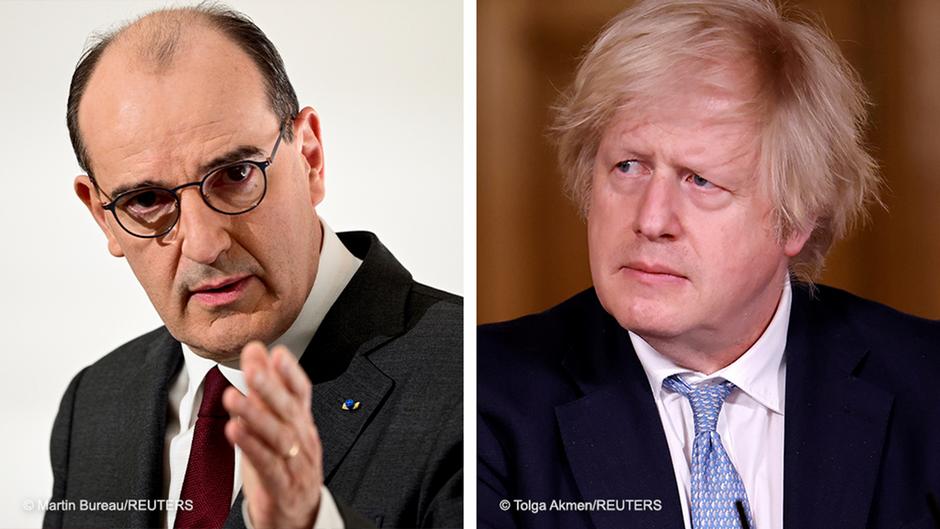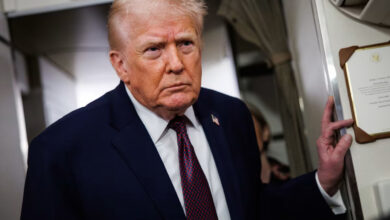
The prime ministers of France and the United Kingdom are set to receive the AstraZeneca vaccine against coronavirus on Friday.
Both the UK’s Boris Johnson and France’s Jean Castex made the announcement on Thursday, the same day that the EU’s medical regulatory body deemed the Oxford-AstraZeneca shot “safe and effective.”
A number of EU countries, including France, temporarily halted administering the vaccine this week. They were concerned after blood clot disorders were reported in a small number of vaccine recipients.
“There is no reason for the French people to turn down the AstraZeneca COVID-19 vaccine,” government spokesman Gabriel Attal told France’s RTL radio on Friday.
Why did countries stop using the AstraZeneca vaccine?
A total of 13 EU member states temporarily halted vaccinations with the British-Swedish shotafter EU member states reported 30 cases of blood clot disorders.
This included reports of a rare and difficult-to-treat condition called cerebral venous thrombosis (CVT).
The reports sparked an investigation by the EU’s regulatory body, the European Medicines Agency (EMA)
AstraZeneca vaccine is safe, stress medical regulators
After the EMA declared the AstraZeneca COVID-19 vaccine safe for use on Thursday, several European countries including Germany, began using the shot again.
It said that it came to a “clear scientific conclusion” that the benefits of the vaccine far outweigh the risks.
Emer Cooke, the executive director of the EMA, said the AstraZeneca vaccine is a “safe and effective option to protect citizens from COVID-19.”
At the same time, Cooke said the EMA could not “definitively rule out a link” between the vaccine and blood clots.
On Wednesday, the World Health Organization (WHO) said that it was also carrying out an investigation into the blood clots in AstraZeneca vaccine recipients. But it also recommended that countries continue to administer jabs as they also believe the benefits outweigh the costs.
What kind of vaccine is AstraZeneca and how does it work?
The vaccine was developed and produced by a team from Oxford University and the British-Swedish pharmaceutical company AstraZeneca. The research team includes scientists from the Jenner Institute and the Oxford Vaccine Group.
AstraZeneca’s vaccine is a vector virus vaccine. It uses a harmless cold virus common to chimpanzees as a transport mechanism. The vaccine transports the surface protein of SARS-CoV-2 to human cells, where it triggers an immune response against the coronavirus.
It is particularly beneficial because it does not have to be stored at ultra-low temperatures, like the BioNTech-Pfizer and Moderna vaccines. It also comes with a low price tag.
By DW News




